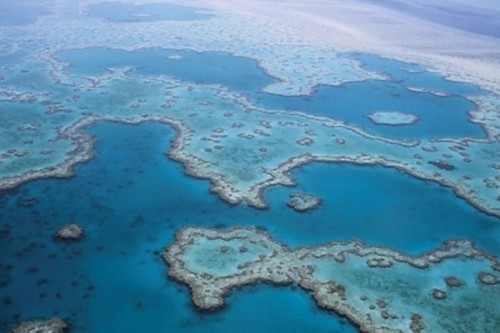Experts warn El Nino threats Australia's Great Barrier Reef

Canberra, July 10 (IANS) The El Nino event could pose a major threat to the health of Australia's Great Barrier Reef, experts have warned, local media reported on Monday.
Marine researchers recently said that a marine heatwave caused by the climate driver could trigger a mass coral bleaching event on the Unesco World Heritage Site, reports Xinhua news agency.
The World Meteorological Organization has said that El Nino conditions have developed in the tropical Pacific for the first time in seven years, setting the stage for a likely surge in global temperatures and disruptive weather and climate patterns.
The phenomenon is expected to drive global ocean temperatures above their long-term average and bring warmer and drier weather to Australia.
A new update from WMO forecasts that there is a 90 percent probability of the El Nino event continuing during the second half of 2023. It is expected to be at least of moderate strength.
Richard Leck, head of oceans at the World Wildlife Fund (WWF) Australia, said up to 30 per cent of shallow water corals on the reef were bleached when the last strong El Nino caused events in consecutive years.
"The reality is for anyone who cares about the reef is that the best we can do is cross our fingers and hope that it's cloudy or there's a storm," he was quoted as saying by the local media Monday.
Coral bleaching occurs when warm ocean temperatures cause coral to expel the algae living in their tissue, turning the usually-vivid marine invertebrates completely white.
Bleached corals can survive but are under significantly more stress.
There have been six mass bleaching events on the barrier reef, the world's largest coral reef, since 1998.
Scientists were particularly alarmed by the 2022 bleaching event, the first during a La Nina phase when ocean temperatures are typically cooler.

|

|

